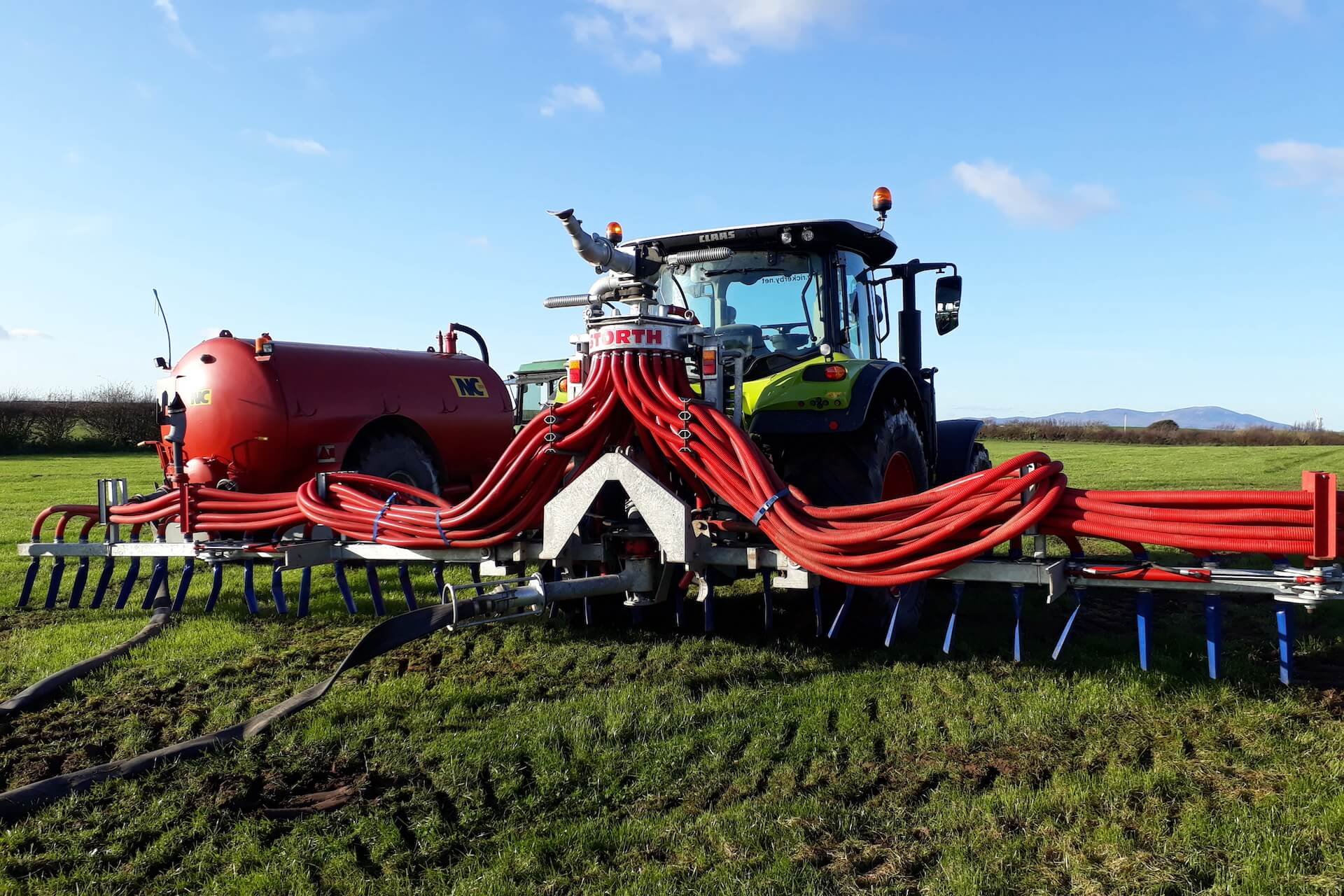
Land Management
Rivers are affected by what happens on the land that drains into them. Most of the land in West Cumbria is agricultural, so we focus on working with farmers to provide advice and grants that not only make our rivers healthier but also benefit farm businesses.
What are the issues?
Some farming practices can cause pollution that is damaging to river wildlife and can affect human health. Often there isn’t a single input, but lots of small sources that contribute to a bigger problem. This is called ‘diffuse’ water pollution.
The main causes of this diffuse pollution are soil or sediment, manure and fertilisers that are washed off the land and into the watercourses. Sediment can smother the riverbed meaning there is no habitat for insects and fish in the river. Nutrients from fertiliser or manure can also be harmful to river ecosystems, causing blooms of plants and algae that use up all the oxygen. Manure and slurry contain bacteria that are harmful to river wildlife and humans.
How does this happen?
When the soil is in poor condition, water can’t soak into it easily, so it runs off the surface and washes soil particles into the river. This is also bad for the farm because soil is a valuable resource.
Where cows and sheep access streams and rivers they can cause erosion of the riverbanks and create sediment. Livestock also poo in the water adding nutrients and harmful bacteria.
Spreading too much fertiliser or spreading it at the wrong time means it doesn’t get taken up by plants and is washed into the rivers. This causes pollution and is also a waste of money for the farm.
Example of poor soil management in maize field
What can we do?
There are many environmentally friendly farming practices that farmers can adopt. Some of the key actions that WCRT recommend are:
Fencing along the watercourse to keep livestock out and create buffer strips of trees and long grasses. This reduces bank erosion and filters runoff from the surrounding land.
Making sure the right amount of fertiliser is being applied at the right time by testing the soil to see what it needs.
Improving the condition of soils by aerating them to alleviate compaction. This allows more water to soak into the soil and reduces runoff. This also improves soil health, crop growth and resilience to droughts and floods.
Adding trees and hedgerows to reduce soil erosion and provide habitat.
How does WCRT help?
Where we have available funding, West Cumbria Rivers Trust’s farm advisors offer free, confidential advice to farmers to reduce their impact on the water environment, whilst supporting their businesses.
Often WCRT provides funding for, and manages works such as, fencing watercourses or planting hedges. In other cases, our Project Officers help farmers access grants and schemes that work to protect the environment.
WCRT also facilitate meetings and demos for farmer groups to discuss eco-friendly farming techniques and meet industry experts. For some groups, WCRT purchase shared machinery such as soil aerators that farmers can use to look after their soils. See our downloads below for information on the machinery available to farmers from particular catchments.
Our land management work is closely linked to our projects on Habitat Improvements and Natural Flood Management.
Shared farmer machinery
Available to farmers in the Glenderamackin catchment
Available to farmers in the River Cocker catchment
Available to farmers in the St. John’s Beck catchment
Land Management Projects
Catchment Partnerships
River Cocker
Resilient Glenderamackin
River Ehen
River Irt
St John’s Beck
Rivers Waver & Wampool
Woodlands For Water

Support our work
Without the help of our fantastic supporters, we’d be up the creek!









